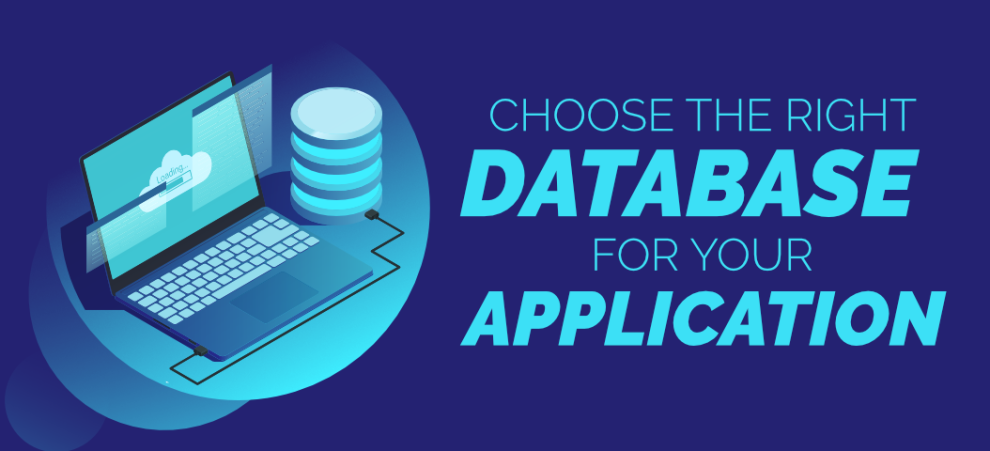Choosing the right database for your app or website is a crucial decision that can impact performance, scalability, and maintainability. Here are some key factors to consider:
1. Data Type and Size:
Structured vs. Unstructured: Do you need to store structured data with defined schemas (e.g., relational databases) or unstructured data like text, images, or videos (e.g., NoSQL databases)?
Data Volume: Anticipate your data growth. Will you be dealing with millions of records or petabytes of data? Choose a database that can handle your expected volume efficiently.
2. Access Patterns:
Frequent Reads/Writes: If your app involves constant data retrieval and updates, prioritize databases optimized for high read/write throughput (e.g., in-memory databases).
Complex Queries: Do you need to perform complex queries across different data points? Opt for relational databases with powerful query languages (e.g., SQL).
3. Performance and Scalability:
Latency: How crucial is low response time for your app? Consider databases designed for minimal latency (e.g., in-memory databases).
Horizontal Scaling: Can the database scale horizontally by adding more servers to handle growing demands? This is essential for high-traffic websites or apps.
4. Cost and Ease of Use:
Open-source vs. Proprietary: Open-source databases offer lower upfront costs but require more technical expertise to manage. Proprietary databases provide managed services but come with subscription fees.
Development and Maintenance: Consider the learning curve and development time associated with different database technologies. Choose one that aligns with your team’s skillset and available resources.
5. Security and Reliability:
Data Encryption: Does the database offer robust data encryption and security features to protect sensitive information?
Redundancy and Backup: Ensure the database offers built-in redundancy and backup options to prevent data loss and downtime.
Popular Database Types:
- Relational Databases (SQL): Structured data, complex queries, strong consistency (e.g., MySQL, PostgreSQL)
- NoSQL Databases: Flexible schema, scalability, high availability (e.g., MongoDB, Cassandra)
- Key-Value Stores: Fast data access, simple key-value pairs (e.g., Redis, Memcached)
- Graph Databases: Relationships between data points, complex network analysis (e.g., Neo4j)
Additional Tips:
Consult with experts: If unsure, seek guidance from database architects or experienced developers to assess your specific needs and recommend the best solution.
Start small and scale: Begin with a database suitable for your current requirements and scale it up as your app or website grows.
Stay updated: Database technologies evolve rapidly. Keep yourself informed about new advancements and consider future needs when making your choice.
By carefully considering these factors and exploring different database options, you can make an informed decision that sets your app or website on the path to success.
















Add Comment